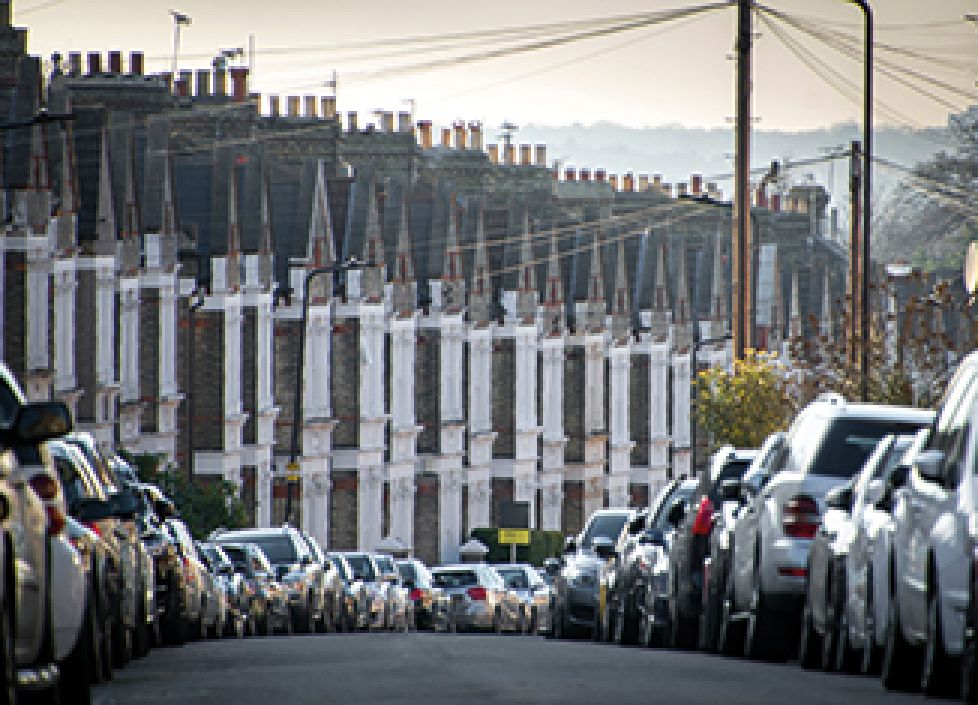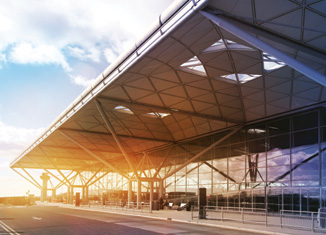France’s property market is facing a difficult period with house prices and sales numbers continuing to fall into 2024. In addition, the number of new builds is falling, thought to be due to rising construction costs, and thousands of jobs have been lost in the sector as new building permits plummet in France, according to a report by French publication The Connexion.
In the south of France, construction has dropped by almost a third, and nationally the fall is almost 20% compared to the previous 12 month period, with 358,600 permits to build issued between April 2023 and March 2024, according to preliminary data from the Ministry of Ecological Transition.
Something that both older and new build properties have in common however is a wave of factors that may be impacting their overall value, factors not directly linked to the market itself. Locations that were previously favourable may now be less so and face higher insurance costs. They may also be prime spots for renewable energy sources and affect landscapes that were previously a draw for the property.
New regulations aimed at combating energy inefficiency can also affect prices, with the worst-performing properties requiring renovation work in the coming years. This can reduce potential asking prices by thousands.
Below are the four main factors that Brits owning, or thinking of buying a French property should be aware of.
1 - Coastal erosion
Whilst a coastal property has traditionally been – and still remains – sought after, the risk of erosion means those closest to the shoreline are more at risk.
Hundreds of homes in coastal areas of France are at risk of becoming uninhabitable in the coming decades as a result of erosion, the government has warned. Around 1,000 buildings are at risk of erosion by 2028, which will affect many thousands more by 2100, warned Ecological Transition Minister Christophe Béchu in May.
While coastal areas that are susceptible to flooding have seen activity levels remain high, due to the bonus of their sea views, around 15,000 properties sold between mid-2016 and mid-2021 will be flooded before the middle of the century, according to a study by French company Callendar.
The risks of this may not yet have been fully considered by the market, with coastal property prices having risen by more than 10% in the last few years in some areas. The report states: ‘This is a slow-burning factor, that whilst not immediately noticeable, is worth taking into consideration as the ecological landscape changes.’
2- Renewable energy ‘eyesores’
Devices that attempt to help reduce France’s ecological footprint are already negatively affecting property values. A wind turbine less than 5km from a property can lead to a price fall of 1-2%, according to the Agence de la Transition Ecologique (Ademe). However, when situated much closer to a wind turbine farm, prices can fall by 20-30%.
3- Droughts causing cracks
Another location-related issue is the increasing number of properties affected by drought, causing clay shrinkage. Millions of homes in France are now affected by this phenomena, which is caused by clay soils shrinking in times of drought, and then rapidly expanding when rainfall returns.
Shrinkage can damage walls, leading to large cracks, or even damage to the structural foundations of a home. As droughts become more frequent in France the problem is getting worse every year.
Many areas across France are affected although this is particularly noticeable in the south-west and central parts of the country. Not only can the presence of cracks negatively affect a home’s sale price – with the implication of potential future issues – it will also be more expensive to insure. This in turn will cause buyers to demand lower prices to compensate for increased construction costs.
4 - New energy audits
A property’s energy efficiency can lower its value and it is now easier to see which homes are the most energy inefficient with the diagnostic de performance énergétique (DPE), or energy audit.
These audits, which are needed when selling, renting, and even renovating properties, provide a quick overview of how efficient a home is at retaining heat in winter, or letting it escape in the summer, for example.
Properties at the lowest ‘F’ and ‘G’ rating levels have seen their value fall by around 10% since 2023 according to property market site Se Loger, and more than 12% in some areas. This is particularly the case for older homes which tend to perform poorly in the audits. Owners are faced with a choice of either reducing the asking price or renovating the property to increase its score.
Lastly, second-home owners in France may also soon have to pay a surcharge on their home insurance to help prop up the insurance system, which has been hard hit by the rise in payouts linked to climate change. The move has been recommended in a report commissioned by the government on the state of France’s insurance sector.




















